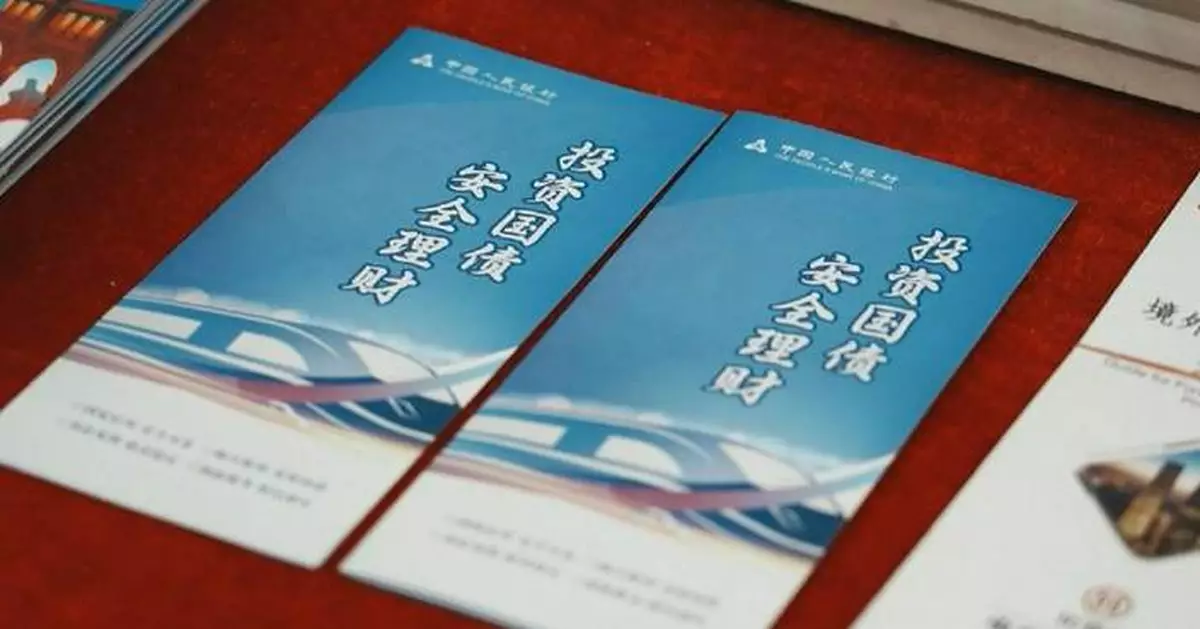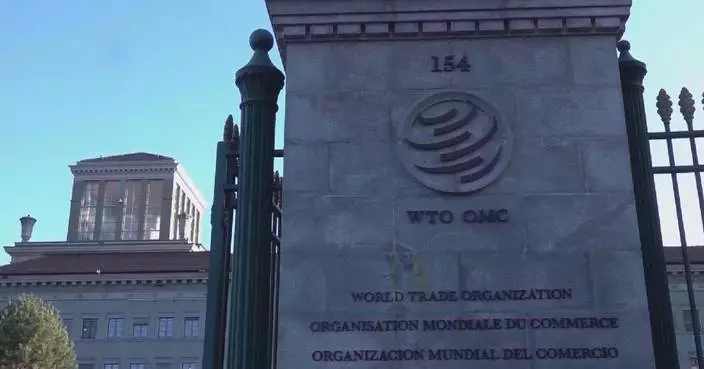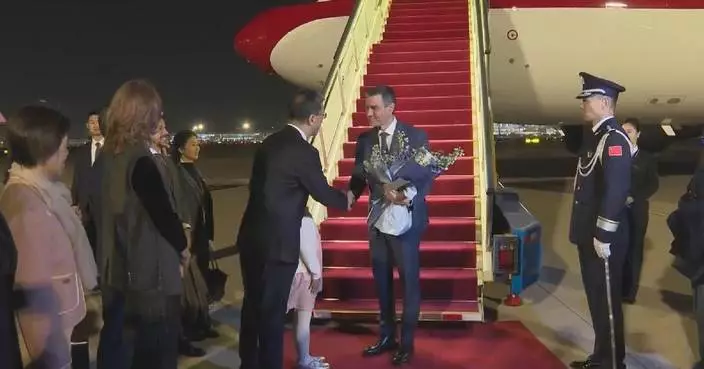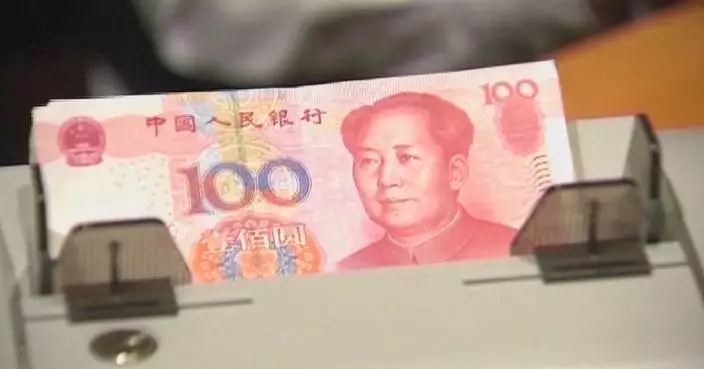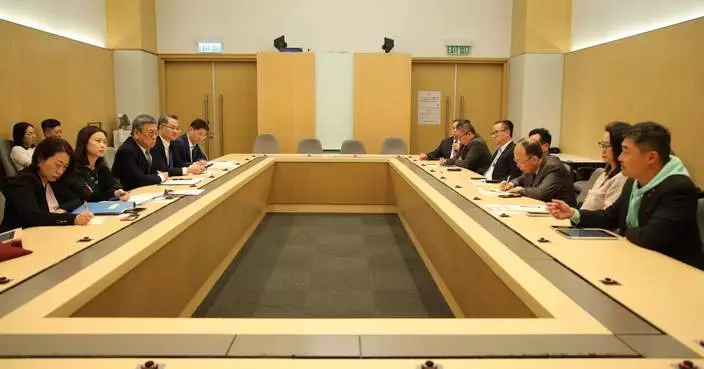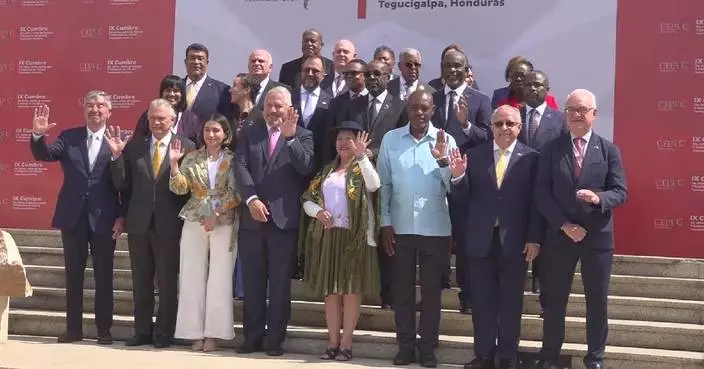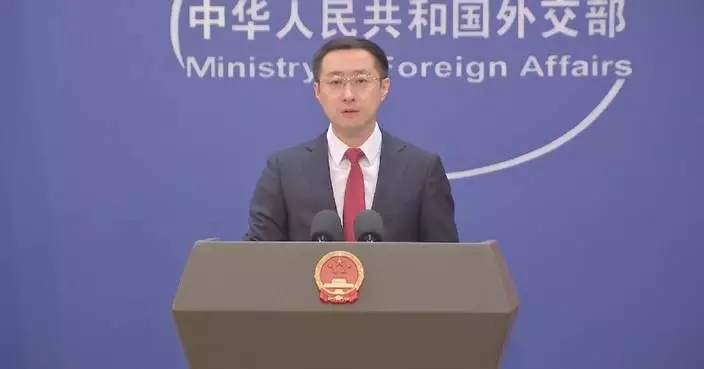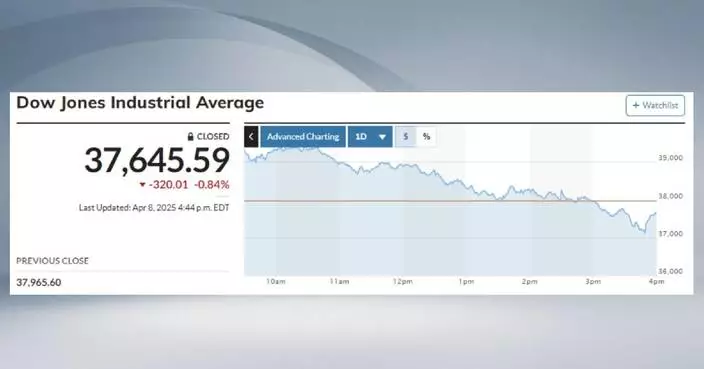The joint working group of the People's Bank of China (PBOC) and the Ministry of Finance, at its first ever formal meeting, have agreed to strive for maintaining stable development of the bond market and providing a suitable market environment for the central bank's treasury bond trading operations.
At the meeting held in Beijing shortly after its establishment, the joint working group determined its operating mechanism, with members of the working group from the the PBOC -- China's central bank -- and the Ministry of Finance exchanging views on issues related to operation of the stock market.
Both agreed that the central bank's treasury bond trading is an important means to enrich the monetary policy toolkit and strengthen liquidity management.
In the next step, efforts will be made to coordinate development and security, continue to strengthen policy coordination and continuously improve the relevant institutional arrangements in maintaining stable development of the bond market within the framework of norms, and in providing a suitable market environment for the central bank's treasury bond trading operations.
In efforts to reinforce the counter-cyclical adjustments of monetary policies and maintain adequate liquidity at a proper level in the banking system, the PBOC, respectively in August and September, conducted net bond purchases with the face value of 100 billion yuan (about 14.14 billion U.S. dollars) and 200 billion yuan (about 28.28 billion U.S. dollars), according to an announcement on treasury bond trading issued by the central bank.
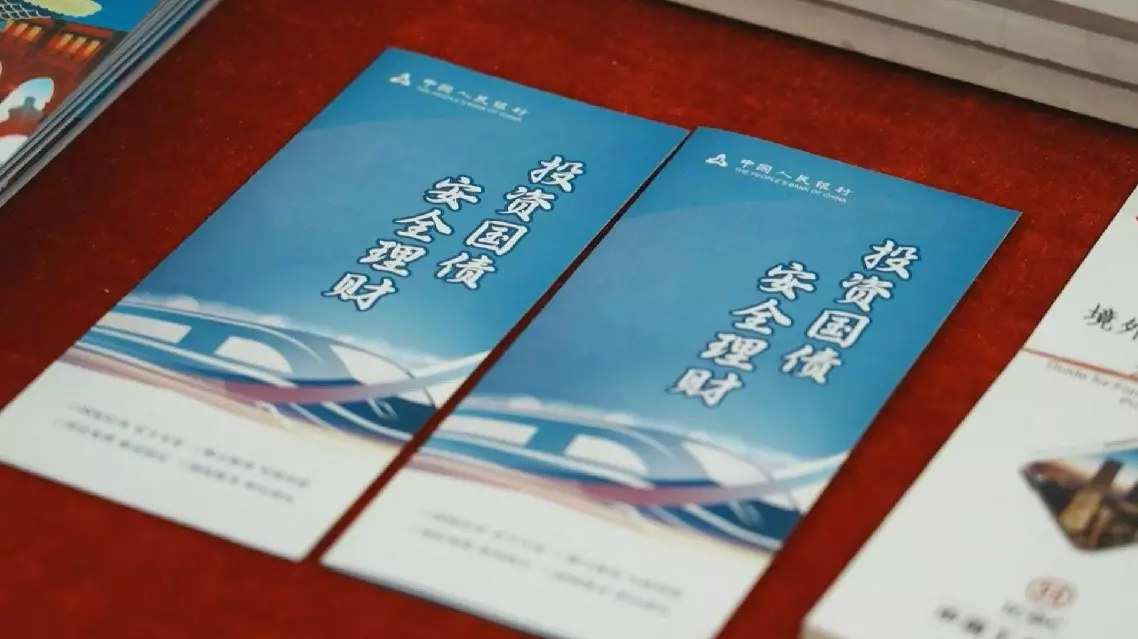
Joint working group of China's central bank, finance ministry agrees to maintain stable operation of bond market

Joint working group of central bank, Finance Ministry agrees to maintain stable operation of bond market
China is set to break free from the trade barriers imposed by the United States by boosting domestic demand and strengthening partnerships with countries around the world, said an economic scholar.
Shi Jiao, an associate Professor at the Peking University HSBC Business School, made the remarks during a video interview with China Global Television Network (CGTN) on Thursday.
In her analysis, China has long been preparing for potential escalating trade frictions with the U.S. Since 2020, China has adopted a development strategy based on a concept called "dual circulation" to ensure preparedness in the face of uncertainty.
"Dual circulation means two powerful engines driving our economy forward. First, we fuel growth through strong domestic demand, the purchasing power of 1.4 billion Chinese consumers. Second, we deepen international partnership through multilateralism and free trade. We did need to strengthen our domestic markets but look what happened since. In every area where the U.S. tried to hold us back -- AI, robotics, semiconductor manufacturing -- China has made breathtaking advances. And further, despite all these frictions, China's total trade didn't even shrink. It's actually grown spectacularly," she said.
The Chinese government on Wednesday announced that it will raise additional tariffs on products imported from the U.S. to 84 percent, add six U.S. firms to its unreliable entity list, and place 12 U.S. entities on its export control list.
Shi noted that while China is hitting back against U.S. President Donald Trump's so-called reciprocal tariffs, its approach may also involve reducing reliance on the United States as a trading partner.
"We should do exactly the opposite of Trump. Where the U.S. uses force and coercion, China should offer cooperation and integration and assure our partners that this is the sustainable future for the global economy," said the economist.
This would mean expanding China's openness to the world and creating attractive environments for international talents and entrepreneurs, Shi explained.
"First, China needs to attract the best minds from around the world. The Trump administration has weakened U.S. universities, driving away talents. China must create the most attractive environment possible for researchers and scholars. And second, we must open our domestic markets even wider. Entrepreneurs from China or abroad alike should find here the most dynamic consumer markets in the world, one that rewards creativity and turns breakthroughs into real products," she said.
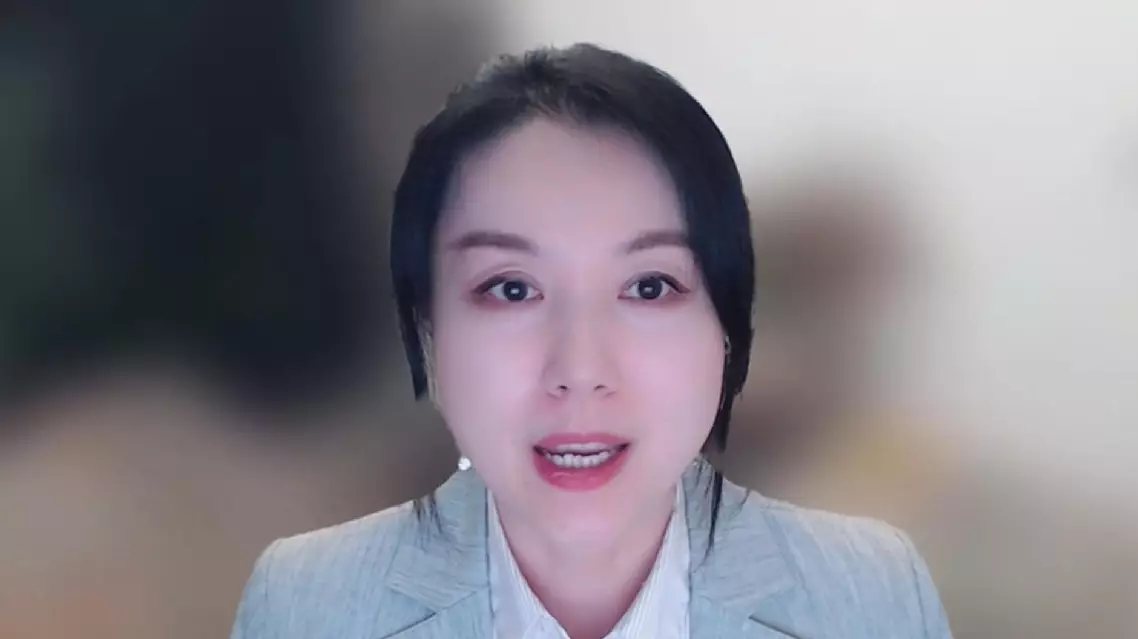
"Dual circulation" strategy to help China weather storm of US tariffs: economist




